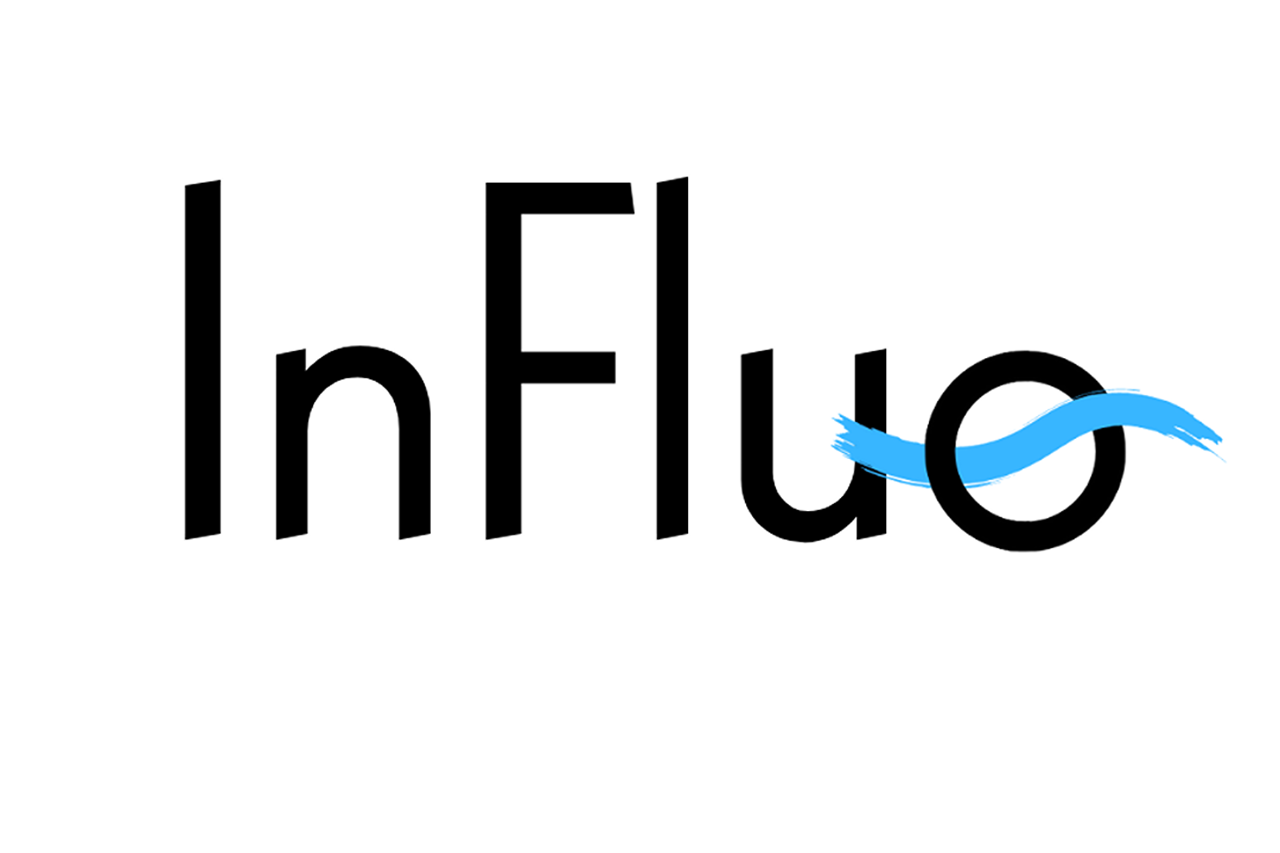InFluo: Preventing Clogging in Percutaneous Abscess Drains
- Program: Biomedical Engineering
- Course: EN.580.X12 BME Design Team
Project Description:
Percutaneous drainage procedures involve the insertion of a drainage catheter into unwanted fluid sites in the body like abscesses to remove the fluid through gravity-based drainage. Of the approximately 4 million drains placed annually, around 30% clog due to coagulation and hardening of high-viscosity fluids like pus, particularly at the side drainage holes of catheters.
The current preventative method for clogging involves flushing saline through the drain, but it is prone to failure. Improving the flushing process could speed up patient recovery, reduce cost to patients and hospitals, and enhance healthcare efficiency by reducing the number of patient re-visits and drain changes. This project developed a novel drain management system which prevents clogged drains by targeting flushing towards the side drainage holes. The innovation was designed to operate within the current workflow for drain placement and maintenance to alleviate the medical and financial burdens faced by patients and healthcare institutions.
Student Team Members
- Krisha Thakur
- Rebecca Baxter
- Nhan Le
- Tanvi Ranade
- Alana Yee
- Aadi Bhattacharya
- Benjamin Jackson
- Rohit Satish
Project Mentors, Sponsors, and Partners
- Clifford Weiss, MD
- David Gullotti, MD
- David Gage, MD
- Harjit Singh, MD
- Christos S. Georgiades, MD, PhD
- Andrea Brooks, CRNP
- Vince Wang




